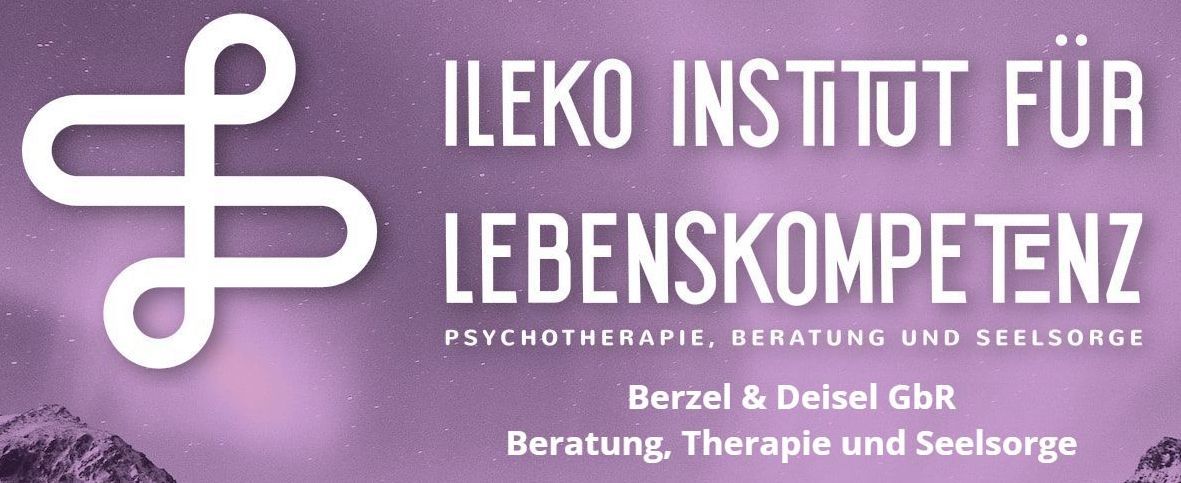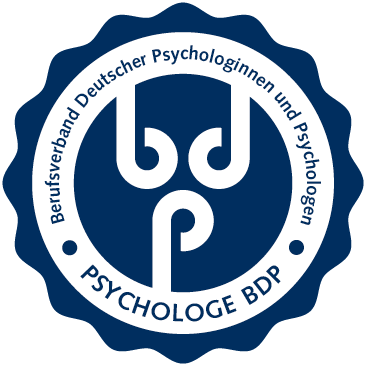Advice

How does a consultation come about?
A free preliminary consultation is intended to get to know each other, present your concerns and decide together whether and how counseling might be suitable for you.
How long does a consultation take?
A consultation typically lasts 50 minutes. The exact sequence and frequency of consultations are agreed upon individually with the client after the initial consultation. Sometimes three to five hours may be sufficient to resolve the issue.
How confidential is a consultation?
Consultations are confidential. Only during our own supervision, to ensure the quality of our work, will the consultations be discussed anonymously.
How does a consultation end?
At the end of a consultation sequence there is a farewell, appreciation and evaluation of the joint work.
What is the difference between counseling and therapy?
Compared to therapy, counseling focuses on the client's specific concerns (e.g., decision-making). Therefore, counseling is often shorter and can be used sporadically.
Can counseling take place alongside therapy?
In principle, yes, because counseling is about dealing with a specific issue, which may also require the counselor's specialist expertise and experience (e.g. when returning to work).
psychotherapy

psychotherapy
After making an appointment, the initial consultation will take place in my practice.
If you feel comfortable with yourself and would like to be supported by me, we will clarify your expectations and goals in the first session. Additional formalities and diagnostics will be required.
During the course of therapy, you will be able to get to know and understand yourself better and better balance your moods.
In addition, you will gradually seek out difficult situations with the aim of improving your coping skills.
To reduce symptoms, active thinking through your problems, intensive self-examination, engagement with therapeutic interventions and patience are essential.
Learning therapy

Learning therapy –
Individual support for sustainable learning success
Sometimes learning processes are challenging and conventional methods are insufficient. This is precisely where learning therapy comes in. It offers targeted support for children, adolescents, and adults who have difficulties with reading, writing, or arithmetic – whether due to dyslexia, dyscalculia, or other learning barriers.
Our learning therapy is based on scientific findings and a holistic approach that considers both the cognitive and emotional aspects of learning. Together with our experienced therapists, we develop individualized strategies that strengthen self-confidence and enable sustainable learning progress.
We focus on people. Through targeted support, motivating methods, and a respectful atmosphere, we help students overcome learning difficulties and rediscover the joy of learning.
What are neurocognitive tests and therapy - how do they work?
Neurocognitive tests are scientifically based methods for measuring mental functions such as memory, attention, and problem-solving. They help identify and specifically treat cognitive strengths and weaknesses.
Neurocognitive therapy uses these insights to develop individualized treatment strategies. It can be used for neurological diseases, mental disorders, or after brain injuries to improve mental performance and facilitate everyday life.
Neurocognitive testing and therapy

Pastoral care

What is pastoral care and how does it work?
Pastoral care offers support to people in difficult life situations by providing comfort, guidance, and space for discussion about personal and spiritual issues. The focus is on a relationship between the client and the pastoral caregiver, one characterized by trust and understanding. Pastoral care can be provided in person, by phone, or online and is aimed at people seeking help, regardless of their faith or life situation. It is a valuable service that offers hope and helps them overcome life's challenges.
Supervision

Supervision is career-related counseling for people who work in social professions or are involved in social volunteer work. They often work under high emotional stress. Supervision accompanies and supports individuals, groups, and teams in successfully shaping their – sometimes difficult – professional relationships in accordance with their role. Depending on the objective, the focus is on work practice, the role and relationship dynamics between the supervisee and their clients, or collaboration within the team or organization of the supervisees.
Online services: Counseling......Therapy....

What is online psychotherapy and how does it work?
Online psychotherapy offers you the opportunity to receive psychological support from the comfort of your home or any other location with internet access. Through secure digital platforms, you can work confidentially with qualified therapists to address challenges such as stress, anxiety, or depression. Sessions are typically conducted via video call, allowing for flexibility and convenience. Whether from your smartphone, tablet, or computer, your mental health is just a click away.
What are psychological tests and how do they work?
Psychological tests are scientifically based procedures used to assess various aspects of a person's personality, cognitive abilities, or emotional states. They can help better understand individual strengths, weaknesses, and needs. They are administered by trained professionals and include standardized questionnaires, tests, or interviews. These tests are administered either in person or online and, thanks to their clear structure and analysis, ensure reliable results. They are a valuable tool for therapy, counseling, and personal development.
Tests

existential counseling and therapy
for LongCovid and ME/CFS

“I know how it feels – and that’s exactly why I’m helping you.”
I accompany people with ME/CFS and Long COVID on their journey. These illnesses often fundamentally change lives—and I speak from personal experience.
I know what it's like to struggle with insecurities, exhaustion, and existential questions.
That is precisely why it is a matter close to my heart to offer you support that is not just theoretical, but comes from real understanding.
Together we'll find ways to deal with the challenges and develop new perspectives. You are not alone.
Further information on supporting people with LongCovid and ME/CFS can be found HERE
Let's work on this together. I'm here for you.
Spiritual Care – Support for mind and soul
In challenging times, spiritual guidance can provide strength and open new perspectives. Spiritual care supports people, regardless of their faith or worldview, in finding inner strength, maintaining hope, and discovering meaning. Through compassionate conversations and individualized guidance, we are at your side – for more serenity, comfort, and guidance on your personal path.
Spiritual Care

Humanistic Psychotherapy & Gestalt Therapy
Humanistic psychotherapy is based on a resource-oriented view of humanity: every person has the potential for personal development and self-realization. It promotes growth, autonomy, and authenticity through a respectful therapeutic relationship.
Gestalt therapy is a central approach in humanistic psychotherapy. It takes a holistic view of the individual and supports them in becoming aware of their thoughts, feelings, and behaviors. Instead of analyzing the past, the focus is on the here and now and actively shaping new experiences.
Methods & Approach
- Experiencing in the moment: promoting awareness and self-awareness
- Experimenting: Trying out new ways of thinking and behaving
- Holistic approach: Inclusion of body, emotions and social relationships
- Therapeutic relationship: The therapist as a companion, not as an “expert on the client”
Gestalt therapy appeals to people who want to deepen their self-awareness, resolve inner blockages and actively shape their lives.
Methods
Gestalt therapy offers a variety of practical methods aimed at raising awareness and resolving personal blockages. Here are some commonly used techniques:
Humanistic psychotherapy and Gestalt therapy

- Awareness exercises: These exercises help clients to become deeply aware of their problems and to sharpen their perception.
- Imagination exercises: These include fantasy journeys, meditative relaxation exercises or answering “what if?” questions.
- Empty Chair Work: A classic technique in which an empty chair represents a person, a feeling, or an inner conflict. The client moves between the chairs and engages in a dialogue with themselves.
- Language games: This method assumes that an inner pattern of interpretation lies behind every phrase. Targeted language exercises can reveal new perspectives.
- Creative media: Painting, writing, or shaping with clay can help to make inner processes visible and find new ways of expression.
These methods help clients become aware of their thoughts, feelings and behaviors and actively initiate changes.





